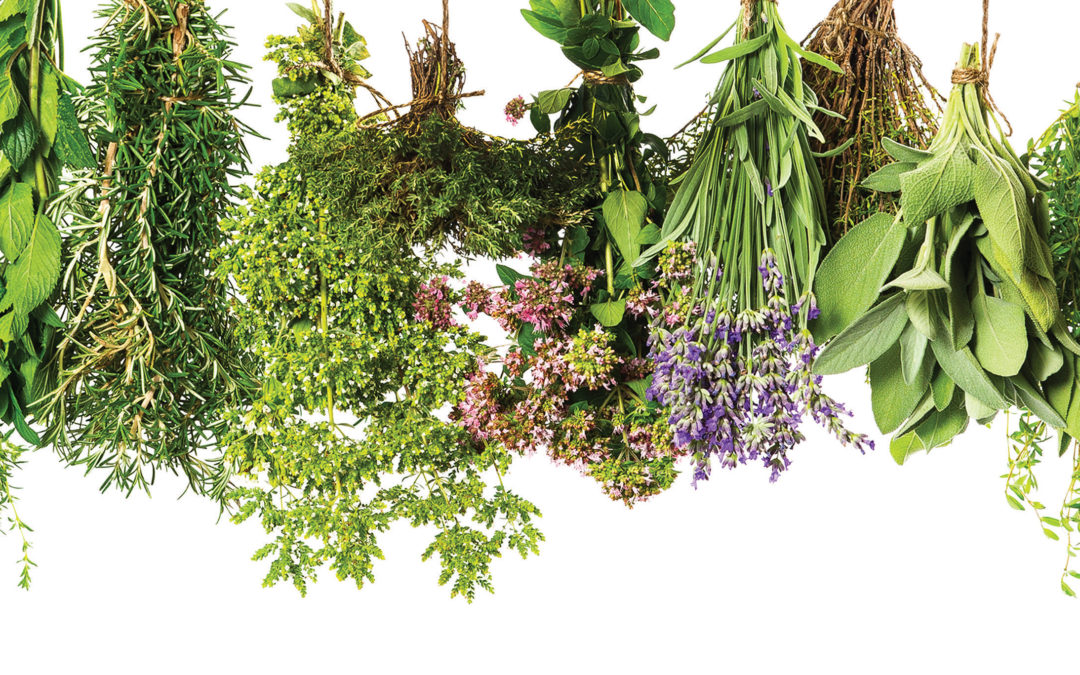–by Venice R. Williams
In some ways, I had been preparing for these days most of my adult life. I just did not fully understand it until my 98-year-old grandmother, Ora, arrived at our home for a two-week visit.
My excitement about her stay spilled over into everything I did during the 10 days or so leading up to her time with us. I cleaned, rearranged, shopped, missed meetings and told whomever was around me, even strangers in the grocery store line: “My grandma is coming to town!” I knew I sounded like a 6-year-old girl, but I did not care!
My Uncle Wade was driving her from Battle Creek, Michigan, where she lives with his family. His wife was scheduled to have hip surgery. They would be better able to focus on her recovery if someone else could care for Grandma. Of course, those were not their words. I don’t imagine they would have ever asked. They shouldn’t have to ask. I jumped at the opportunity to care for this woman who had poured so much of herself into my being—being a woman, a mother, a gardener, an advocate, a Christian, a child of God. It was time for me to pour back into her some of the bountiful goodness with which she had nourished me.
The moment she stepped into my kitchen, she was transported back to another time. “Mama’s kitchen?” she asked. It was not confusion that could be attributed to her dementia, so overwhelming at times. It was a question that arose from seeing the wooden table, the herbs hanging, the pots on the stove, the jars filled with rice, beans and dried herbs, the tea kettle steaming, the bowls of potatoes and onions, the feelings and the aromas in the air. The kitchen in which she grew up, a magical space cultivated by her mother (my great-grandmother), Nellie, was the inspiration for my own kitchen. I cannot remember a time I stepped into Great Grandma Nellie’s kitchen when a pot of beans was not simmering, women were not chattering and fresh greens/herbs/carrots/potatoes were not being chopped at the wooden table. To have my grandmother enter my kitchen and wonder whether she was in her own mother’s kitchen brought me to tears of joy.
“No,” she said with certainty. “Mama is dead. This is not Mama’s kitchen.” She was not talking to me, but simply putting it all together. “Mama would love this kitchen. I love this kitchen.”
For the remainder of the two weeks, our morning ritual would be the same. After I got her up, washed and dressed for the day, my grandmother would make her way downstairs, pausing at the portal to our kitchen. “Mama’s kitchen?” she would say hesitantly. A bit of heaviness would enter her voice. “No. Mama is dead.” Then her tone would brighten. “This is Venice’s kitchen. Oh, Venice, I love your kitchen.”
This article is excerpted from the September 2018 issue of Gather magazine. To read the full story or more like it, subscribe to Gather.



Dear Venice, what a wonderful sharing, of your nurturing kitchen, of the love and ministry through the generations of your family. I think of the Venice Williams House that extends similar gracious community and hospitality as it invokes the spirit of your kitchen, your life, and the women who have shaped you. I pray they are shaped in justice love as you have been. Blessings upon you, Grandma, and your family.
Some of my best childhood memories are of sitting with family on the bench at my Norwegian Grandma’s large kitchen table beside the big window framing the northern Wisconsin forest, deer cautiously approaching the yard, logs in the cook stove warming the log house, eggs from her own chickens frying on the stove, the fresh smell of homemade bread baking in the oven. Does life get any better?
This is a very sweet story. I don’t have any kitchen memories around the table because we rarely did that. However I have many stories cooking with my mom and two grandmas, Mary and Leola. It felt connected with my Norwegian roots. That was wonderful. Thank you!
There is no more sacred space in a home than the kitchen table where we share so much. What a lovely story of holy time and space. Thank you for sharing it.
I was having a rough day with getting computer issues resolved. This story brought tears to my eyes. My husband died of dementia about 8 years ago. He lost the ability to speak but always knew my voice and touch.
“Venice I love your kitchen.” and the love it brings! Thanks I needed these words today!
I loved this article. I am so proud that I do things that my mother and mother-in-law would have done, in their lives, in their kitchens, and in the world. They were strong women of faith but with a light hand, The message still came through, Although I did not receive the benefit of a grandparent’s influence, as they all died when I was young, I feel their touch through my mother. Venice’s story touched me deeply. Thank you so very much.